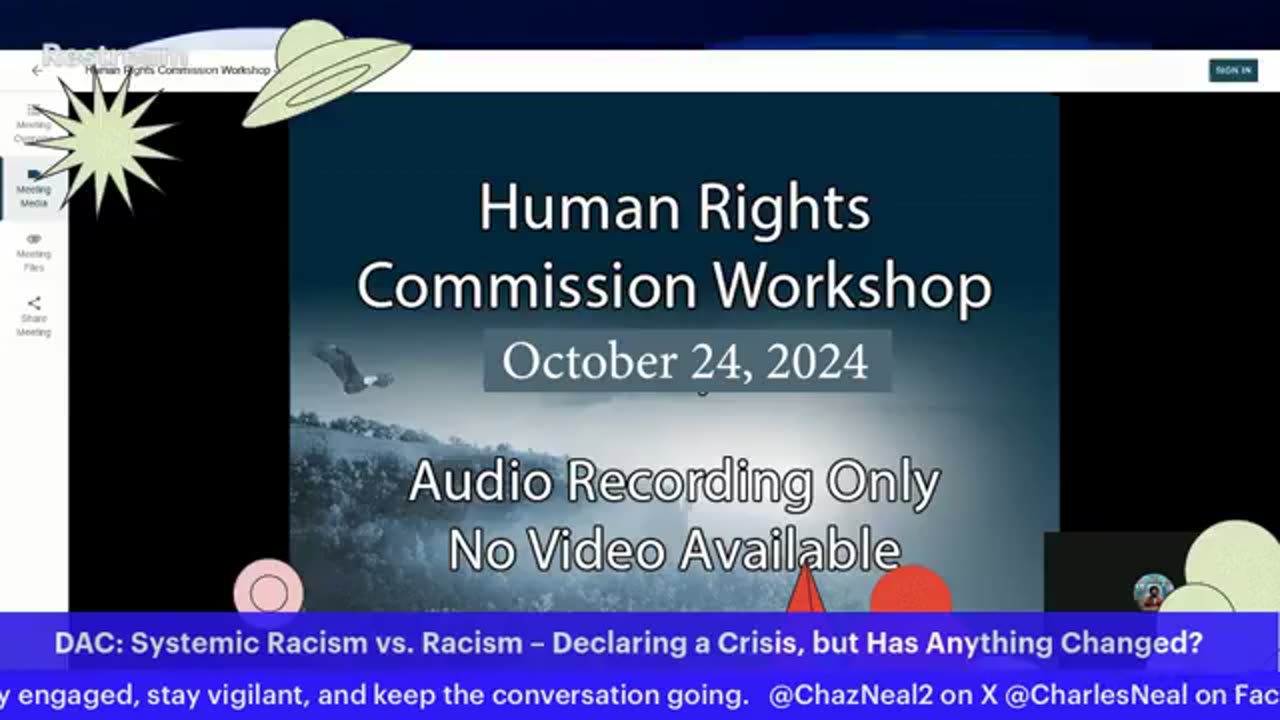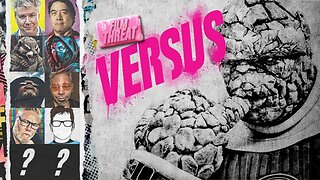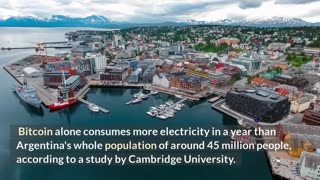Premium Only Content

DAC: Systemic Racism vs. Racism – Declaring a Crisis, but Has Anything Changed?
Welcome to Da Urban Conservative, where we tackle the topics that others shy away from. Today, we’re going to talk about racism. Not the “oh, that person made a racist comment” kind of racism, but the deep-rooted, invisible machinery of systemic racism. You know, the kind that goes beyond individual acts or words—the kind that shapes outcomes, resources, opportunities, and, ultimately, lives.
So, let’s start with the basics. Racism, in its most straightforward form, is prejudice, discrimination, or antagonism directed at someone of a different race based on the belief that one’s race is superior. It’s personal; it’s in your face. It’s an act, a comment, or maybe a look.
Systemic racism, though, is another beast entirely. This isn’t about one person’s prejudice or one bad cop, teacher, or landlord. Systemic racism is baked into the very structure of society—it’s the schools, housing policies, criminal justice system, employment practices, and healthcare systems that tilt the odds against Black and Brown communities, day after day. It’s like a web that stretches across generations, catching certain people in cycles of limited opportunity, poverty, and discrimination, while others go forward, often without even noticing it.
In 2020, after George Floyd’s death, cities across the U.S. started declaring racism a “public health crisis.” Now, that’s a bold statement—a real acknowledgment of what Black and Brown folks have known all along: that racism isn’t just a moral or social issue; it’s killing people. When racism becomes a public health crisis, it’s an admission that the stress of fighting this uphill battle leaves our people sicker, poorer, and more at risk. Racism as a public health crisis means we recognize that Black women die in childbirth at three times the rate of white women, that Black men are more likely to be stopped, searched, and jailed, and that our communities are exposed to more environmental hazards and health risks.
But let’s ask the real question—what’s changed? We’ve seen powerful words in resolutions, statements, and declarations, but has anything meaningful shifted for our communities? Has declaring a public health crisis led to changes that Black and Brown people feel in their everyday lives? Or is this just more lip service?
You see, declarations and resolutions sound good on paper, but they don’t fix broken systems. For something as entrenched as systemic racism, we need more than words; we need resources, policy changes, accountability, and investment. We need to ask: Is funding flowing to mental health support, community health clinics, affordable housing, and quality education? Are there real commitments to dismantling the policies that keep these inequities in place? Or are we still caught in a cycle of committees and studies with no action?
Take a look around and ask yourself—are we just renaming the same problems? Has your local school become more diverse in its teaching staff? Are there more community programs in neighborhoods that need them most? Are policies being rewritten to protect communities instead of policing them? Are police departments reformed, or are they just rebranded? Because if nothing concrete has shifted, then we’re still back at square one, looking at the same system dressed up with a new label.
This episode isn’t about giving you answers—it’s about raising questions that need answering. When we declare racism a public health crisis, we can’t stop there. We have to demand accountability, follow-through, and measurable change. It’s up to us to hold these resolutions to the fire and make sure that our cities, states, and country know that we are watching. Because if we’re not moving forward, then these resolutions are just words—no better than silence.
So, as we close today, I challenge each of you to ask this in your communities: What has declaring racism a crisis changed here? Where is the funding, the resources, and the commitment? Because if the only thing that’s changed is the conversation, then it’s time to demand more. Until then, stay tuned, stay aware, and let’s keep fighting the good fight—because real change won’t happen until we make it happen.
*******
This episode was brought to you by Da Urban Conservative, your source for unapologetic truth, critical thinking, and Black empowerment. Don’t forget to subscribe and share this episode with someone who needs to hear it.
-
 1:44:25
1:44:25
The Quartering
5 hours agoTrump Impeachment, Democrat Insurrection, Massive Scandal At Politico & DC Crash Update!
108K48 -
 LIVE
LIVE
Dr Disrespect
7 hours ago🔴LIVE - DR DISRESPECT - KINGDOM COME: DELIVERANCE 2 - FIRST IMPRESSION
2,771 watching -
 37:54
37:54
CryptoWendyO
5 hours ago $0.70 earnedBEST DAY IN CRYPTO HISTORY
30.8K4 -
 1:52:18
1:52:18
Film Threat
9 hours agoVERSUS: FANTASTIC FOUR + CAPTAIN AMERICA + QUENTIN TARANTINO'S EPIC RANT | Film Threat Versus
22.4K -
 9:06
9:06
CryptoWrld
13 hours ago $1.16 earnedHow Nonprofits Use Blockchain Tech
30K3 -
 16:38
16:38
SLS - Street League Skateboarding
15 days agoRayssa Leal's Most Clutch SLS Wins Ever! 🥶🏆
99.2K4 -
 1:06:29
1:06:29
Russell Brand
7 hours agoGaza Takeover? Trump’s Bold Plan Sparks Global Outrage – SF532
144K295 -
 1:57:32
1:57:32
The Charlie Kirk Show
6 hours agoGaza Thoughts + DOGE The Destroyer | Sen. Schmitt, Benz | 2.5.2025
148K32 -
 1:21:08
1:21:08
Simply Bitcoin
7 hours ago $1.80 earnedNEW REPORT: Bitcoin ETF Insider Doubles Down on UNTHINKABLE 2030 prediction! | EP 1176
50.4K1 -
 2:50:42
2:50:42
The Dana Show with Dana Loesch
6 hours agoTRUMP PLANS TO TAKE OVER GAZA | The Dana Show LIVE On Rumble!
45.2K10